How to stop soil freezing in winter – to protect soil and plant health
Frozen soil can hinder your plants' ability to grow
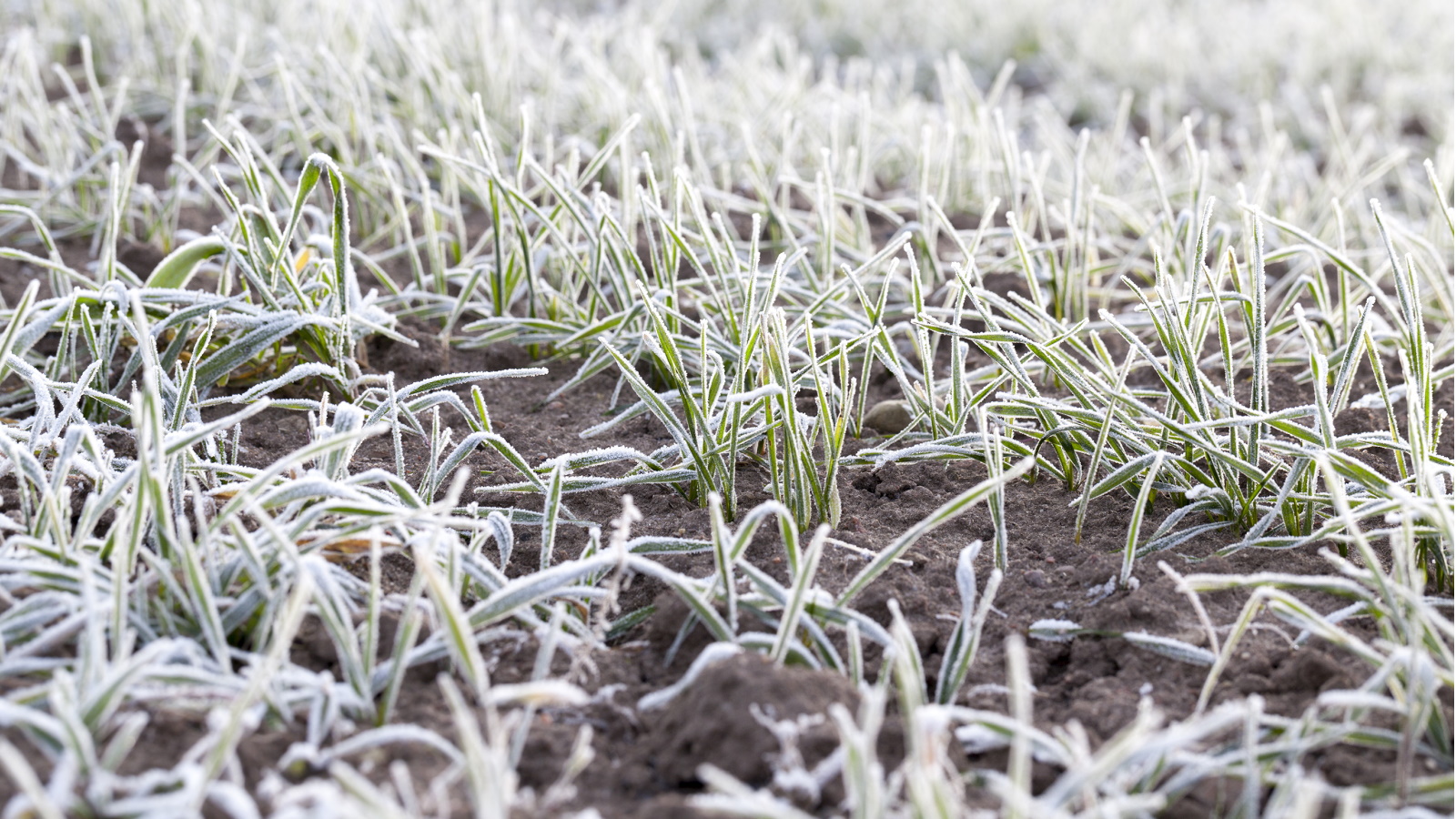

As the first frost of the season draws nearer, gardeners everywhere will be turning their attention to protecting their plants and preparing their yard for the coldest time of the year. In the rush of doing so, you might have neglected an important matter - protecting your soil from freezing temperatures.
It might not be at the top of your to-do list when thinking about how to overwinter a garden, but ensuring there are precautions in place to stop your soil freezing is vital for maintaining soil health. 'When the soil freezes, water is obstructed and unable to travel deep into the root zone of plants and seeds are unable to germinate,' says horticulture expert and founder of Yardwork, Michael Clarke.
Not only this, but freezing temperatures can also affect soil structure. That's why it's important to prevent soil freezing in winter - here's everything you need to know about how to do it.
How to stop soil freezing in winter
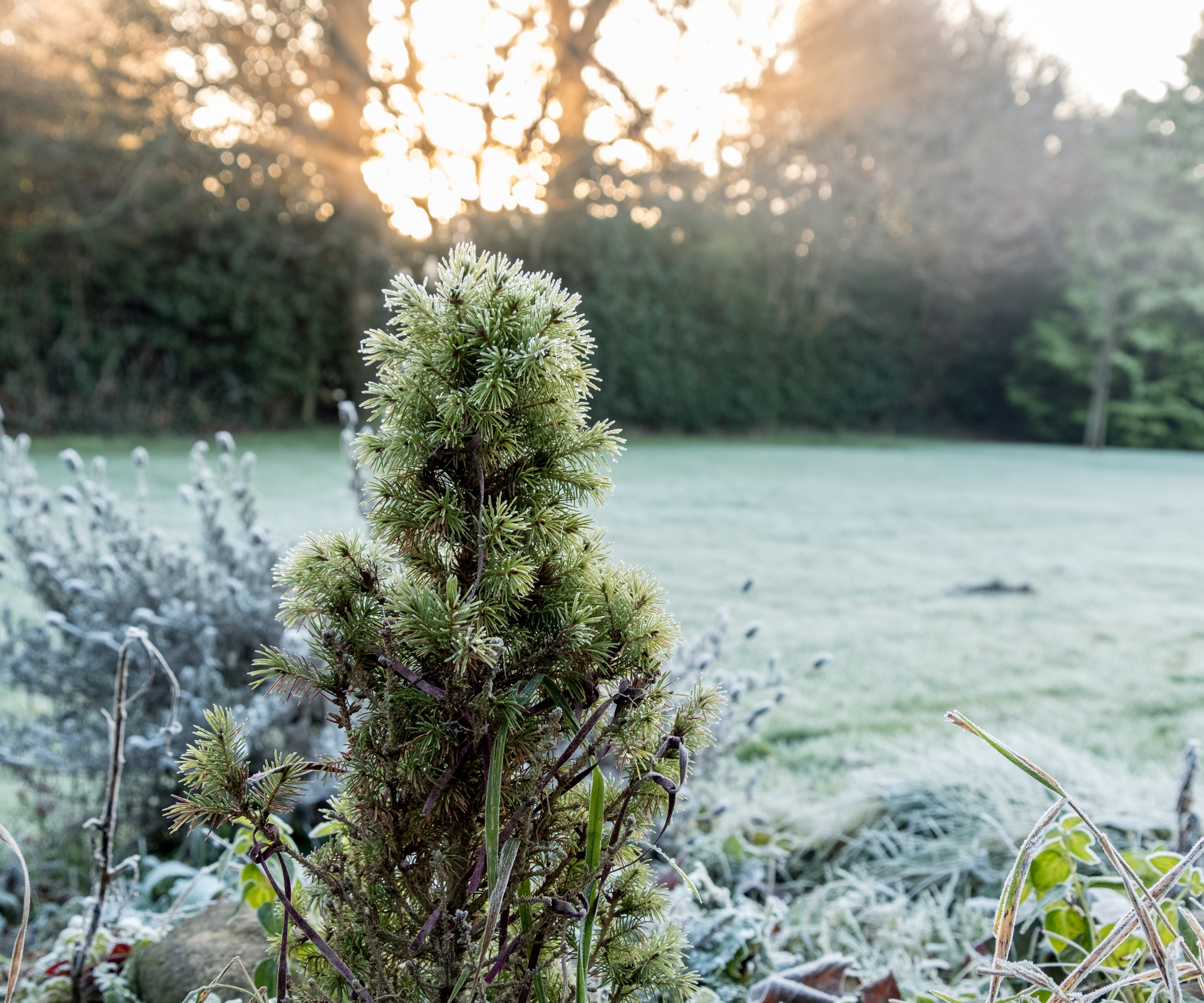
It might sound like an impossible task at first and, of course, you might not be able to prevent all the soil in your yard from freezing. It's best to prioritize the areas where you have less hardy plants growing or have recently placed perennial bulbs to plant in fall and other seeds.
'To stop soil freezing you can add a layer of organic matter to garden beds, which does a better job of retaining heat and moisture,' says Michael.
Whether you choose to add homemade compost or rather take up mulching to protect your soil, adding a layer of organic matter provides insulation for your soil, seeds and plant roots.
'Mulching around plants helps retain moisture and heat which will preventing soil from freezing, and you can also cover plants with frost cloth (available at Amazon) to prevent frost forming,' Michael adds.
It's also a good idea to water your plants before a frost. 'Water your soil thoroughly, since wet soil is better at holding heat than dry soil,' Michael advises.
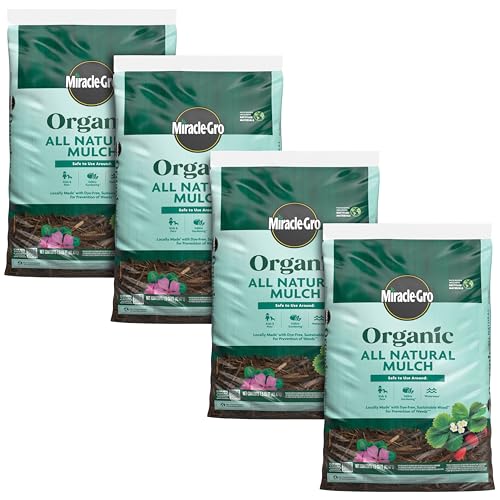
This four pack of 1.5 cubic feet bags of mulch is made up of dye-free, sustainable wood.

Michael Clarke is the founder of Yardwork and Pulled, the online platforms for everything home and garden. He has a degree in landscape architecture and horticulture from the University of California Davis.
When should you stop soil freezing?
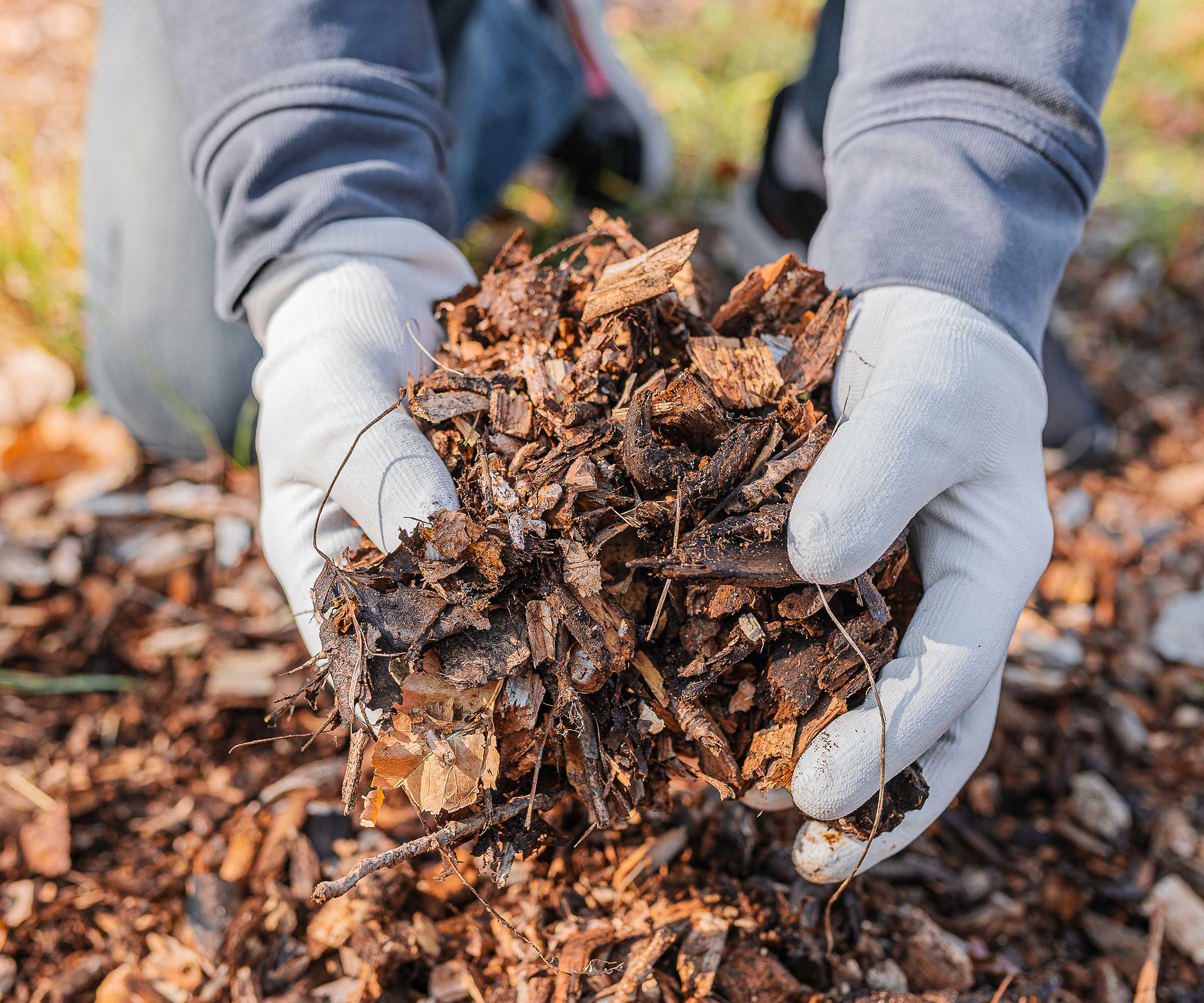
Just like other overwintering tasks, it's best to put your frost precautions in place ahead of freezing temperatures arriving.
'Precautions should be put in place in the mid to late fall before the first signs of frost,' says Michael. 'You can start covering your plants just before sunset on nights when frost is likely,' he adds.
This means keeping an eye on your local weather forecast, as frost dates will differ between US hardiness zones. Give you soil a thorough watering the day before the first night of frost and add your organic matter for insulation ahead of cold temperatures - tasks to make a note of on your fall gardening checklist.
FAQs
What should you do if your soil has frozen?
If your soil has frozen in winter temperatures, it's best to let it thaw naturally rather than force it. You should also avoid watering frozen soil and rather water your plants thoroughly before a frost arrives to lock in moisture. Digging into frozen soil may also damage your tools and can even cause injury.
Putting precautions in place to prevent soil freezing is all part of protecting plants from frost. Make the most of fallen leaves you collect in fall by making leaf mold to use for soil insulation. Alternatively, get to grips with how to make compost so that you have a large supply by the time winter comes around.
Sign up to the Homes & Gardens newsletter
Design expertise in your inbox – from inspiring decorating ideas and beautiful celebrity homes to practical gardening advice and shopping round-ups.

Tenielle is a Gardens News Writer at Homes & Gardens. She holds a qualification in MA Magazine Journalism and has over six years of journalistic experience. Before coming to Homes & Gardens, Tenielle was in the editorial department at the Royal Horticultural Society and worked on The Garden magazine. As our in-house houseplant expert, Tenielle writes on a range of solutions to houseplant problems, as well as other 'how to' guides, inspiring garden projects, and the latest gardening news. When she isn't writing, Tenielle can be found propagating her ever-growing collection of indoor plants, helping others overcome common houseplant pests and diseases, volunteering at a local gardening club, and attending gardening workshops, like a composting masterclass.
-
 Martha Stewart's smart laundry room shelving makes exceptional use of every inch of wall space – it will turn your smallest area into an ultra-functional space
Martha Stewart's smart laundry room shelving makes exceptional use of every inch of wall space – it will turn your smallest area into an ultra-functional space'You can greatly expand the usability of your space by just installing some of these great shelving units': You can follow her technique for under $34
By Megan Slack Published
-
 Sick of white walls? My journey from minimalist to maximalist, one paint stroke at a time
Sick of white walls? My journey from minimalist to maximalist, one paint stroke at a timeWhat do you do if you’re bored with plain walls? If you’re me, you go full muralscape
By Sophia Pouget de St Victor Published
-
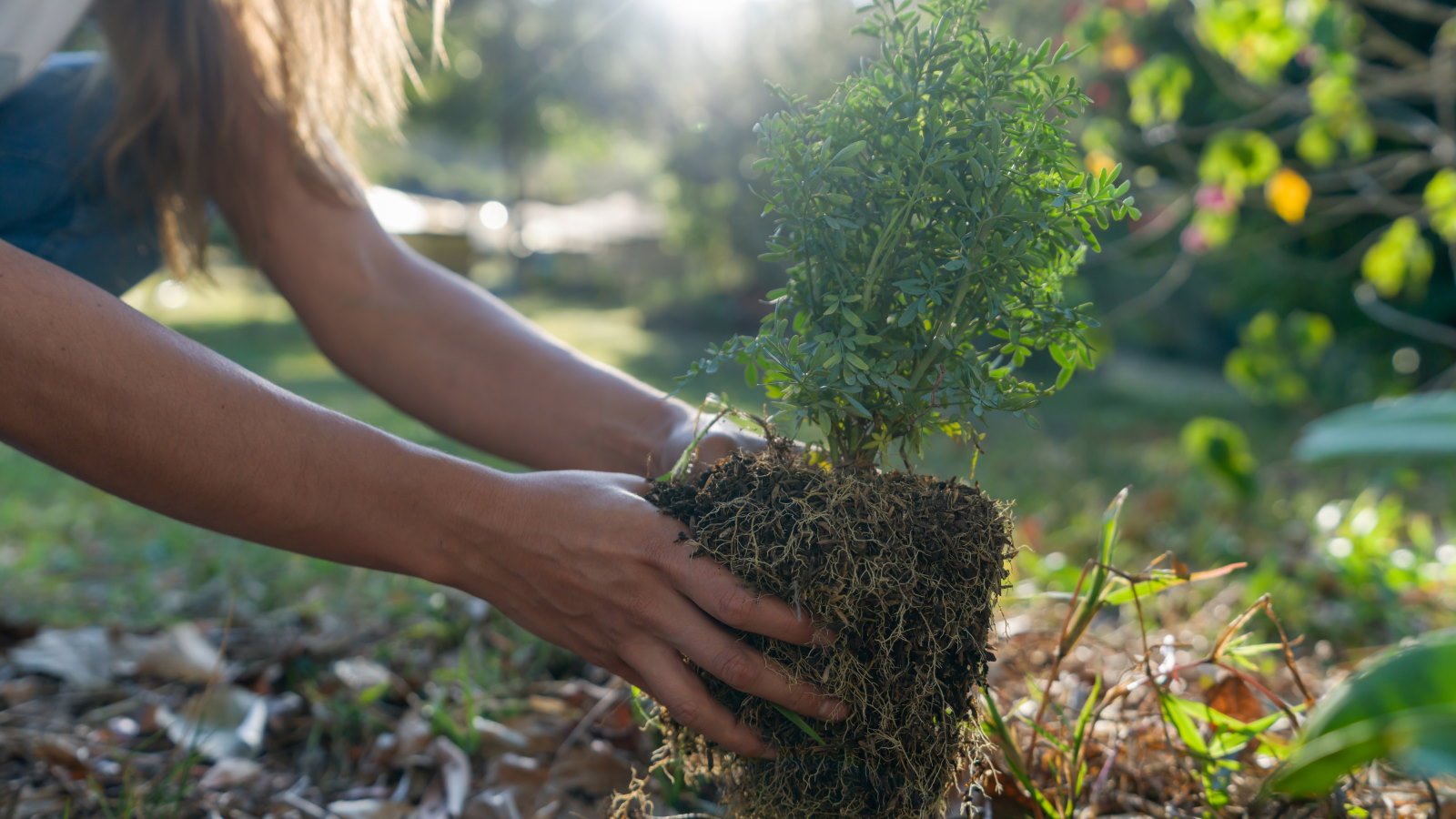 7 shrubs to plant in April to transform beds and borders – including native plants and bushes suitable for dry or wet spots
7 shrubs to plant in April to transform beds and borders – including native plants and bushes suitable for dry or wet spotsThese shrubs can bring flowers, texture, and fragrance, as well as attracting beneficial insects and birds
By Drew Swainston Published
-
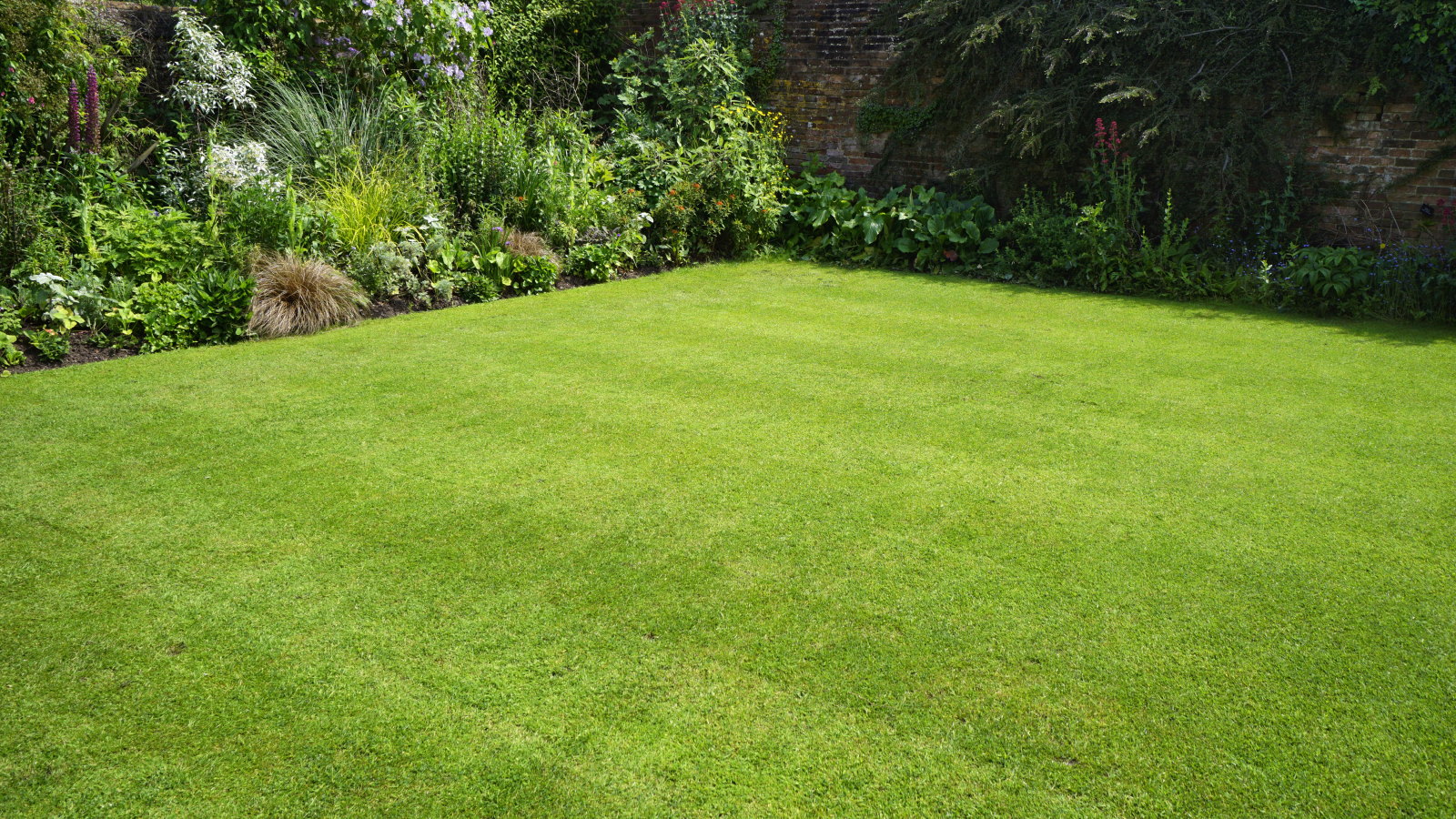 I'm a lawn care expert, and always do these 7 jobs in April to ensure thick, green grass all summer long
I'm a lawn care expert, and always do these 7 jobs in April to ensure thick, green grass all summer longTransform your lawn with these simple yet highly effective April lawn care tasks
By Drew Swainston Published
-
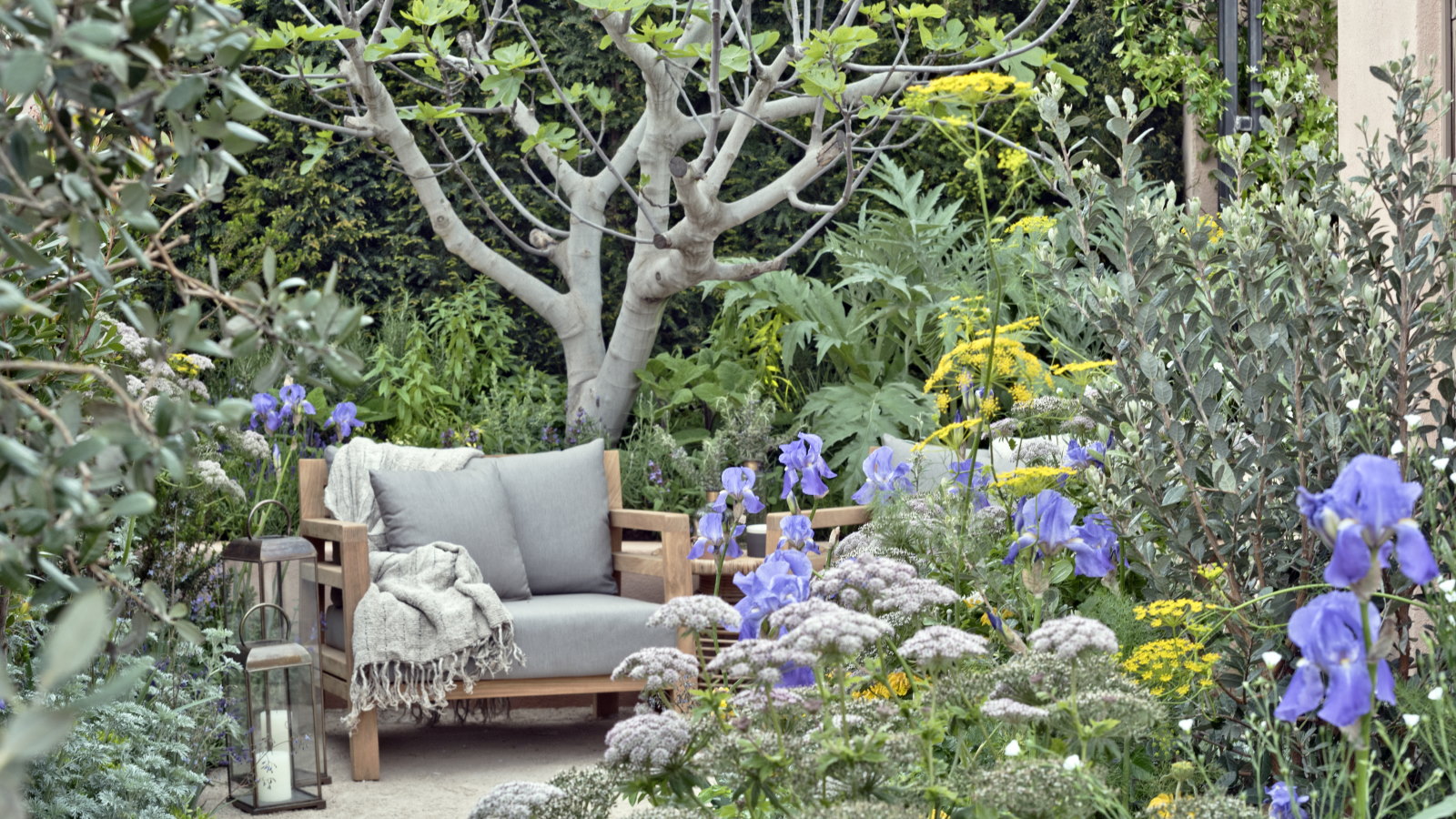 Horticulturists urge you to prune these 7 plants in April – for healthy growth and better-than-ever flowering displays
Horticulturists urge you to prune these 7 plants in April – for healthy growth and better-than-ever flowering displaysDiscover a key selection of plants to cut back this month, with expert pruning advice
By Drew Swainston Published
-
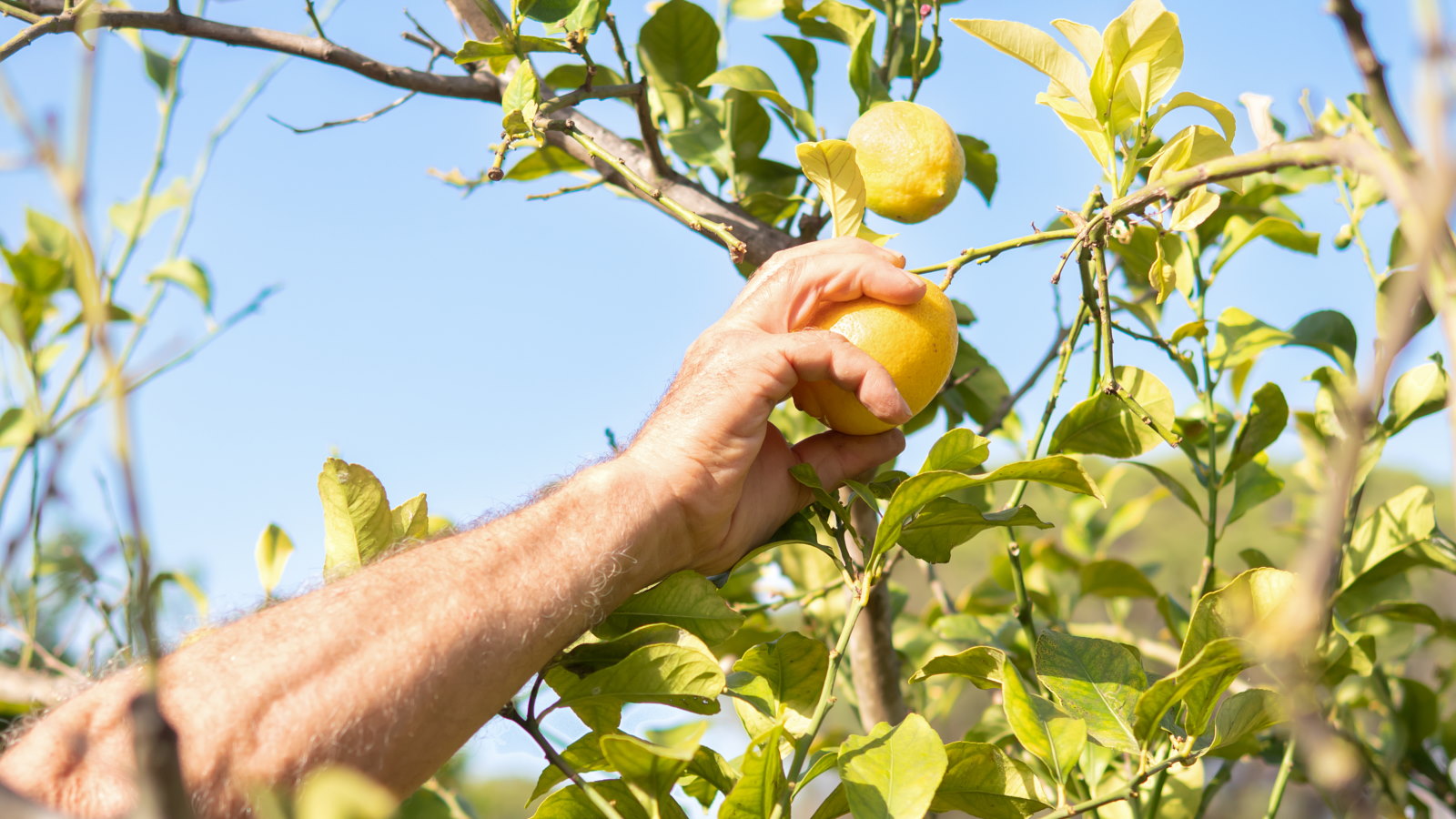 7 fruits to plant in April for years of tasty homegrown harvests, plus expert planting tips
7 fruits to plant in April for years of tasty homegrown harvests, plus expert planting tipsAn exceptional selection of fruit trees and soft fruit can be planted this month
By Drew Swainston Published
-
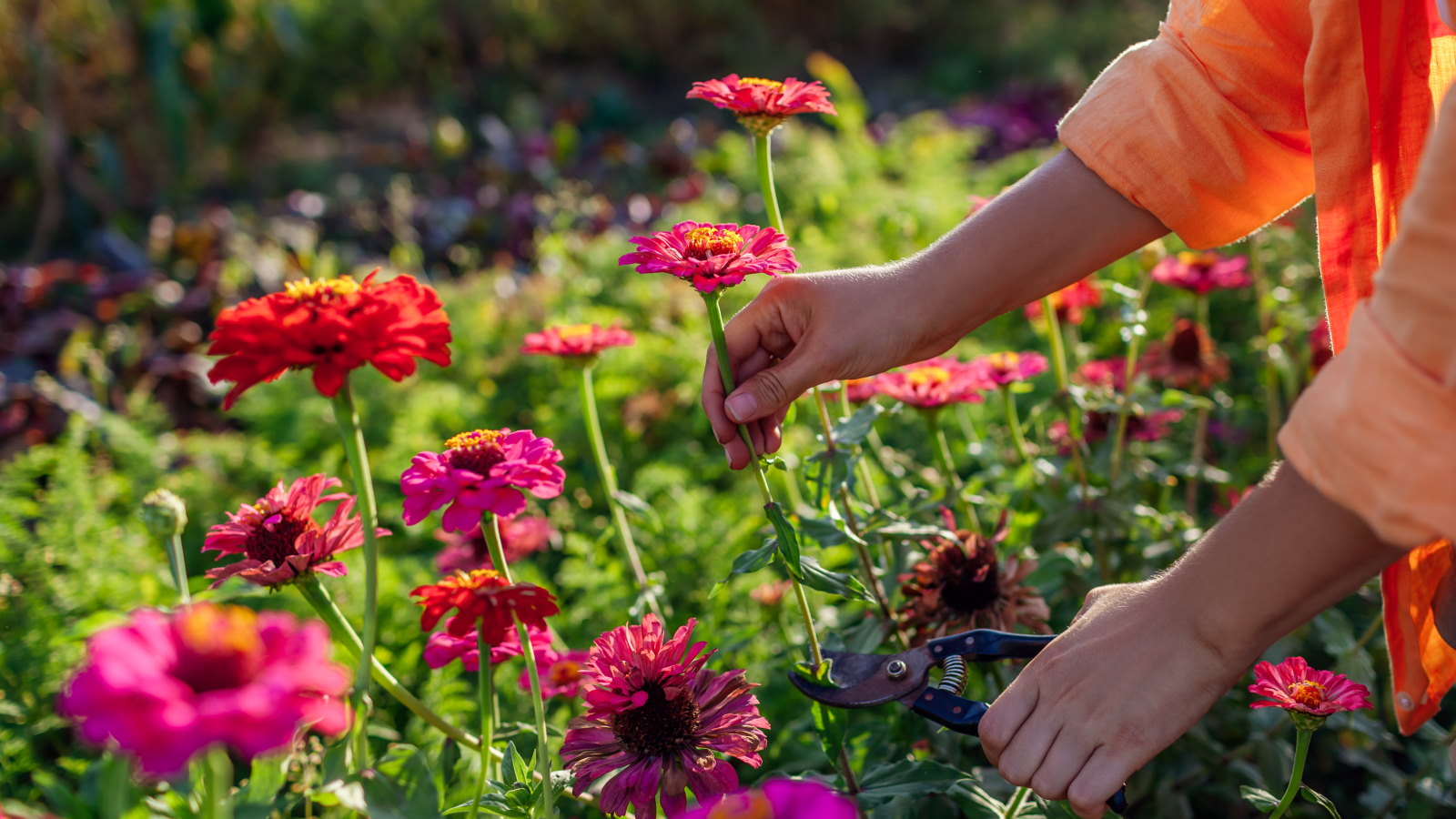 7 dazzling cut flowers to plant in April for bountiful blooms to enjoy in bouquets, vases, and displays this summer
7 dazzling cut flowers to plant in April for bountiful blooms to enjoy in bouquets, vases, and displays this summerDiscover sowing tips from an expert horticulturist
By Drew Swainston Published
-
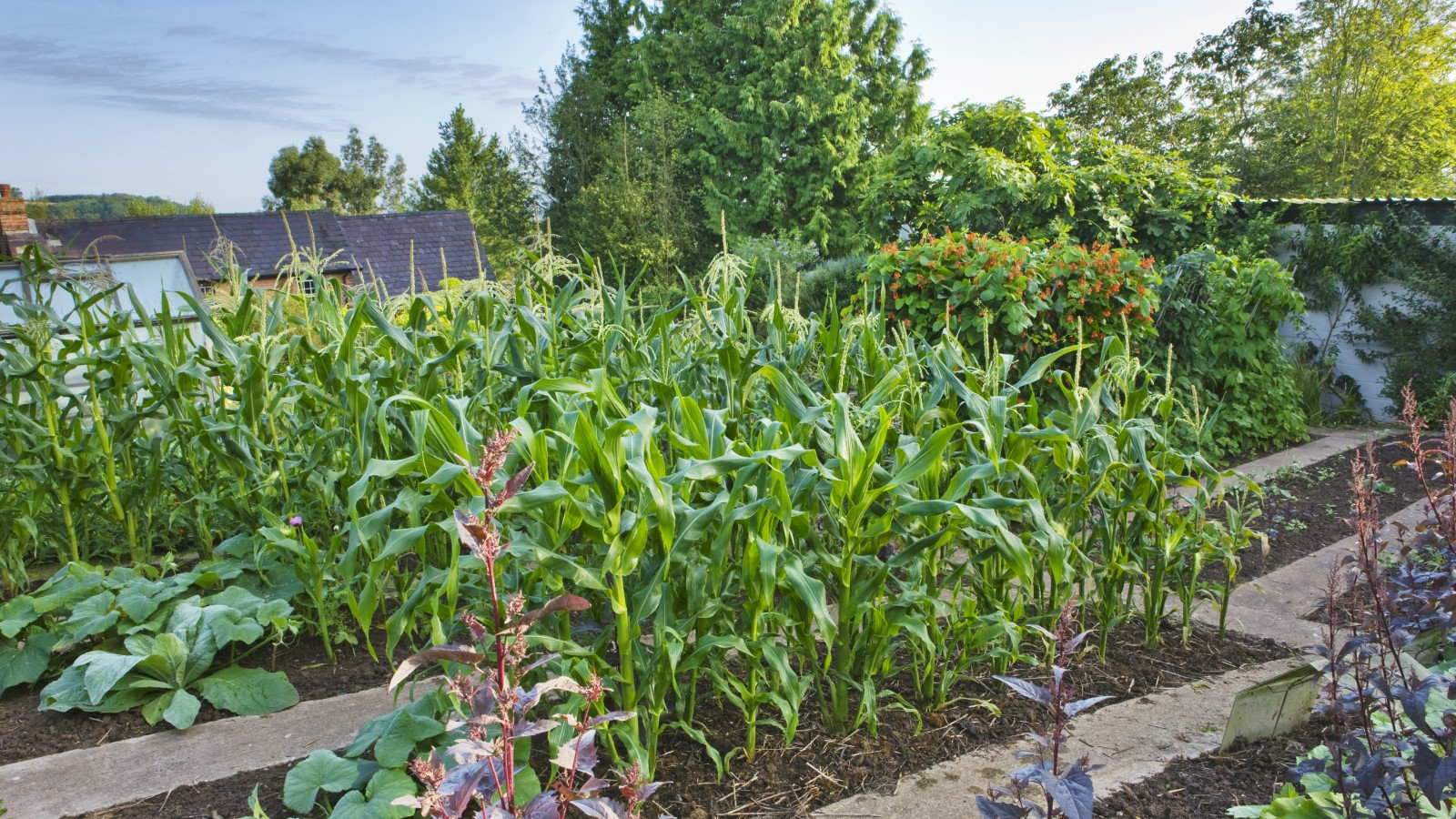 7 of the best vegetables to plant in April, with sowing tips from an experienced grower for bumper harvests
7 of the best vegetables to plant in April, with sowing tips from an experienced grower for bumper harvestsFrom broccoli to zucchini, April is a fantastic time to plant a wide range of vegetables
By Drew Swainston Published
-
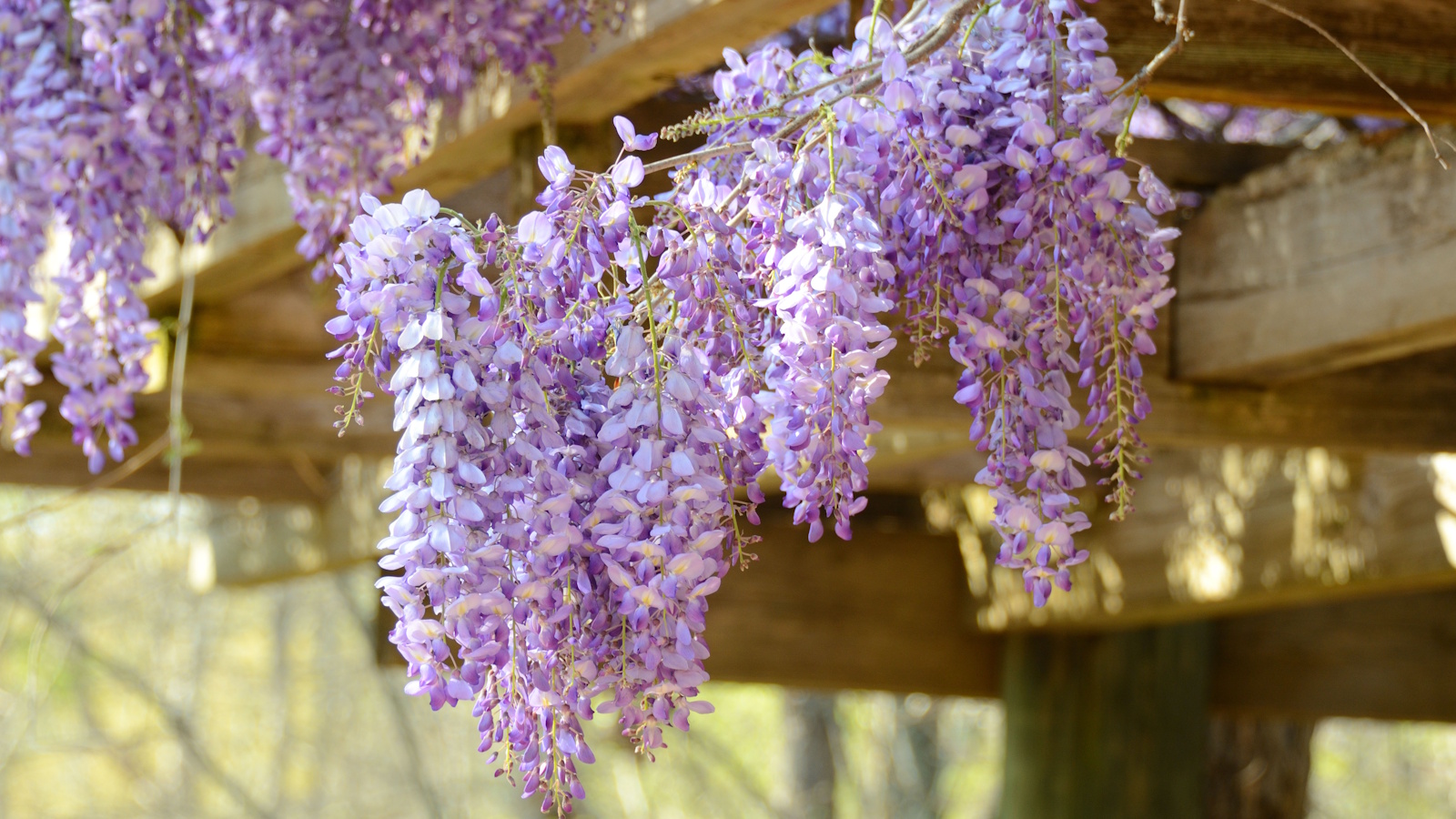 Best fragrant spring-flowering perennials – 5 charming choices to infuse delightful scent in your yard this season
Best fragrant spring-flowering perennials – 5 charming choices to infuse delightful scent in your yard this seasonSpring is full of so many beautiful aromas, uplifting our yards and making them an even more pleasant place to be
By Tenielle Jordison Published
-
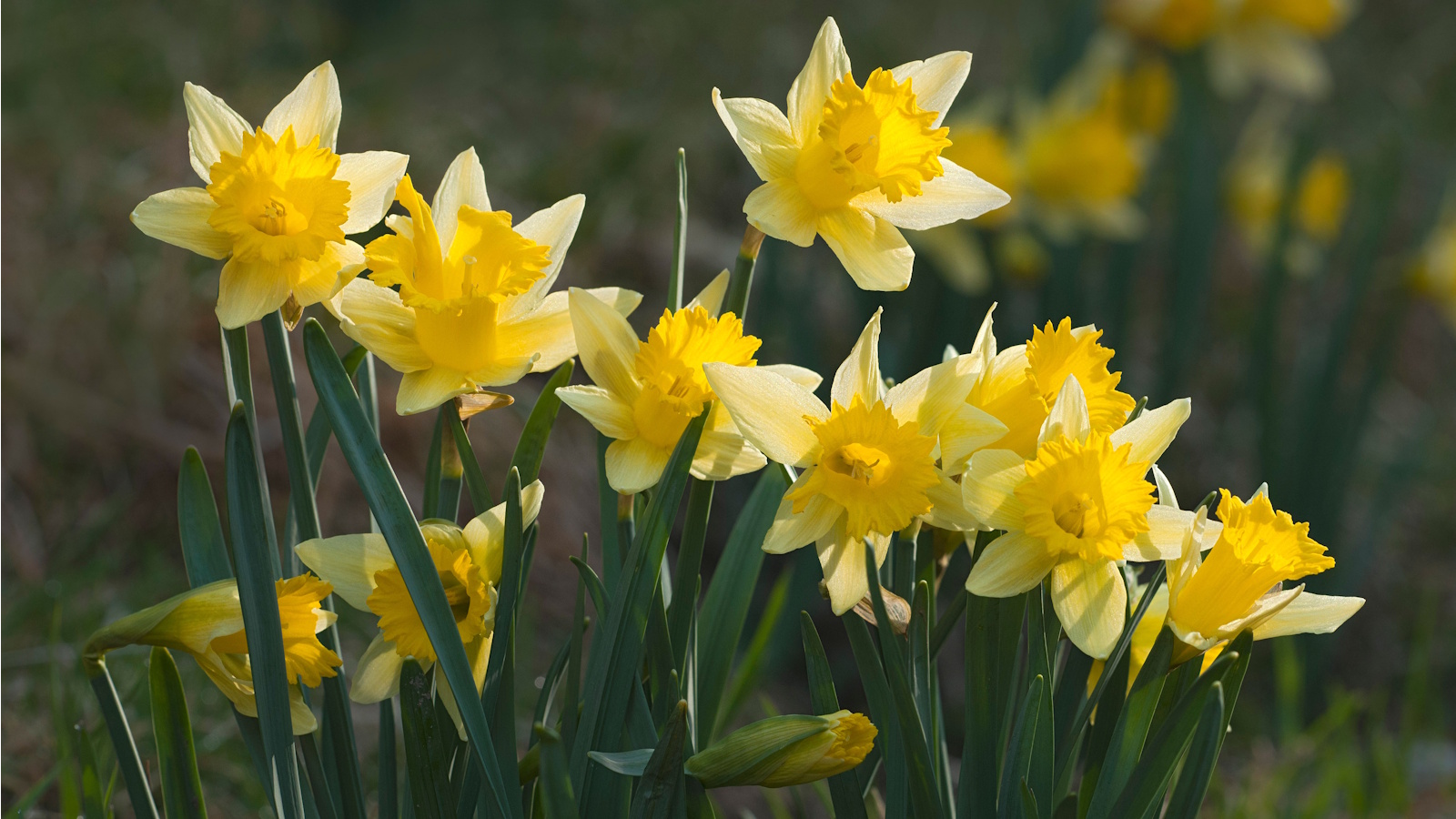 Is it too late to plant daffodil bulbs in March? Expert advice on making late planting a success
Is it too late to plant daffodil bulbs in March? Expert advice on making late planting a successThese stars of spring should be planted in fall, but that doesn't necessarily mean you've missed your opportunity once spring comes around
By Tenielle Jordison Published